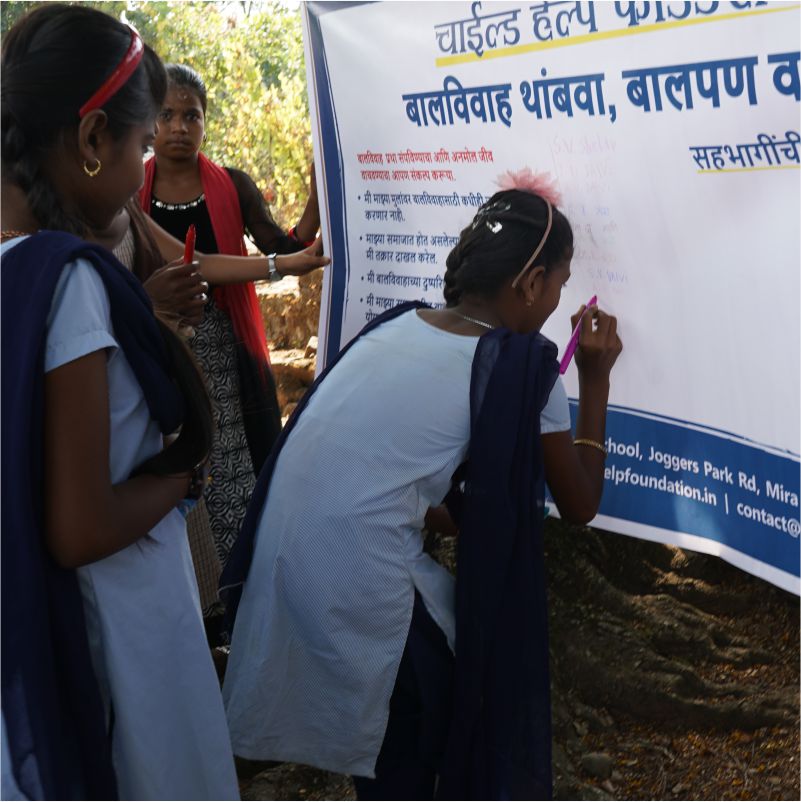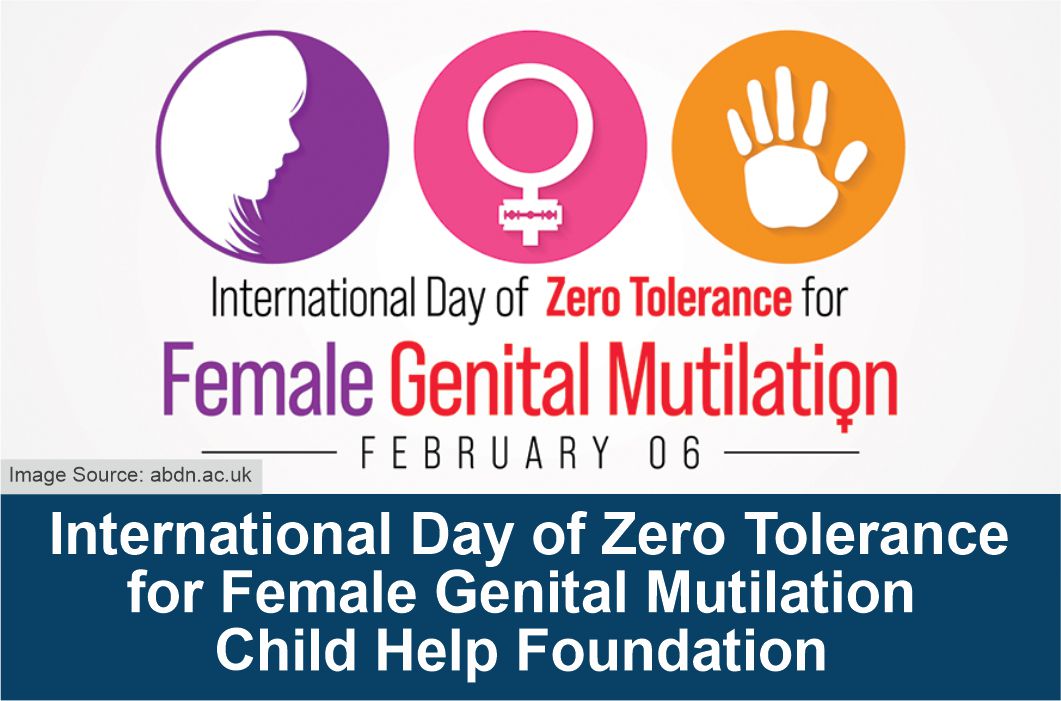Every year on 6th February, the world observes the International Day of Zero Tolerance for Female Genital Mutilation (FGM), a global initiative to eradicate this harmful practice and advocate for the rights and well-being of girls and women. Declared by the United Nations in 2012, this day serves as a reminder of the urgent need to end FGM and protect millions of girls at risk worldwide.
Understanding Female Genital Mutilation
FGM refers to procedures that involve the partial or total removal of external female genitalia or other injuries to the female genital organs for non-medical reasons. It is a deep-rooted cultural practice that is carried out in more than 30 countries, primarily in Africa, the Middle East, and parts of Asia. Despite being internationally recognised as a violation of human rights, it continues to affect millions of girls and women.
FGM is commonly performed on young girls between infancy and the age of 15 , often without their consent. The procedure is usually carried out under unsafe conditions, using crude instruments and without anaesthesia, leading to severe pain, infections, complications in childbirth, and long-term psychological trauma.
The Global Impact and Efforts to End Female Genital Mutilation
The World Health Organization (WHO) estimates that more than 200 million girls and women alive today have undergone FGM, with millions more at risk each year. The practice is often driven by deeply ingrained traditions, gender inequality, and social pressure, making its eradication challenging.
However, significant progress has been made in recent years. Governments, non-governmental organisations (NGOs), and international bodies such as the United Nations Population Fund (UNFPA) and UNICEF have launched initiatives to combat FGM. Laws and policies banning FGM have been implemented in many countries, while grassroots campaigns have raised awareness within affected communities, promoting education and alternative rites of passage.

The Role of Education and Advocacy
Education plays a crucial role in changing attitudes and eliminating FGM. Community-led awareness campaigns, engagement with religious and traditional leaders, and the empowerment of women and girls are essential in dismantling harmful practices. Schools and health professionals also have a responsibility to educate children and families about the dangers of FGM and the importance of gender equality.
On this day, individuals, organisations, and governments are encouraged to take action by:
- Raising awareness on social media and within communities.
- Supporting survivors through medical and psychological assistance.
- Advocating for stronger policies and enforcement of anti-FGM laws.
- Engaging with local leaders to challenge cultural norms that perpetuate the practice.
Conclusion
The International Day of Zero Tolerance for Female Genital Mutilation is a call for action. It is a day to raise awareness, amplify the voices of survivors, and push for stronger policies to end FGM once and for all. Every girl deserves to grow up in a safe and healthy environment, free from violence and discrimination.
By standing together and advocating for change, we can create a world where no girl is subjected to this harmful practice. The time to act is now.
At Child Help Foundation (CHF) , we strongly advocate for gender equality and work towards a safer world for girls and women. Through our Invisible Girl Project , we spread awareness about the abuse faced by females. We also actively promote girl child education and ensure their good health through various projects. Our mission is to empower girls with the right resources and opportunities to help them lead a life of dignity and independence.
